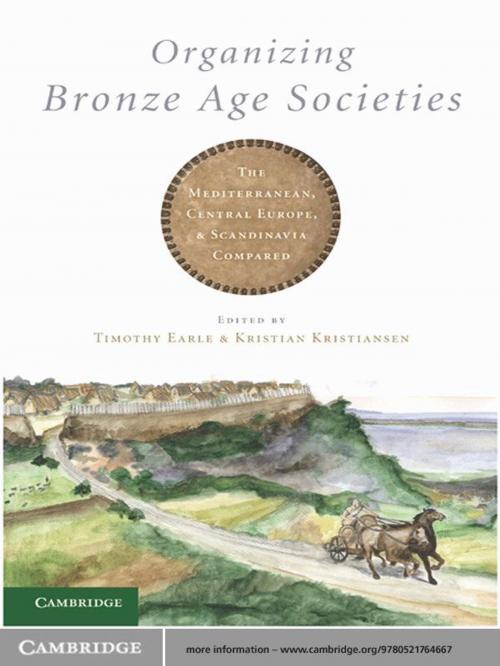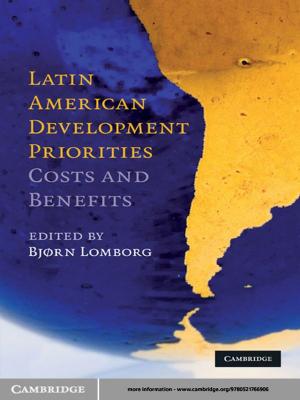Organizing Bronze Age Societies
The Mediterranean, Central Europe, and Scandanavia Compared
Nonfiction, Social & Cultural Studies, Social Science, Archaeology, History| Author: | ISBN: | 9780511851629 | |
| Publisher: | Cambridge University Press | Publication: | August 30, 2010 |
| Imprint: | Cambridge University Press | Language: | English |
| Author: | |
| ISBN: | 9780511851629 |
| Publisher: | Cambridge University Press |
| Publication: | August 30, 2010 |
| Imprint: | Cambridge University Press |
| Language: | English |
The Bronze Age was a formative period in European history when the organisation of landscapes, settlements, and economy reached a new level of complexity. This book presents the first in-depth, comparative study of household economy and settlement in three micro-regions: the Mediterranean (Sicily), Central Europe (Hungary), and Northern Europe (South Scandinavia). The results are based on ten years of fieldwork in a similar method of documentation, and scientific analyses were used in each of the regional studies, making controlled comparisons possible. The new evidence demonstrates how differences in settlement organisation and household economies were counterbalanced by similarities in the organised use of the landscape in an economy dominated by the herding of large flocks of sheep and cattle. This book's innovative theoretical and methodological approaches will be of relevance to all researchers of landscape and settlement history.
The Bronze Age was a formative period in European history when the organisation of landscapes, settlements, and economy reached a new level of complexity. This book presents the first in-depth, comparative study of household economy and settlement in three micro-regions: the Mediterranean (Sicily), Central Europe (Hungary), and Northern Europe (South Scandinavia). The results are based on ten years of fieldwork in a similar method of documentation, and scientific analyses were used in each of the regional studies, making controlled comparisons possible. The new evidence demonstrates how differences in settlement organisation and household economies were counterbalanced by similarities in the organised use of the landscape in an economy dominated by the herding of large flocks of sheep and cattle. This book's innovative theoretical and methodological approaches will be of relevance to all researchers of landscape and settlement history.















